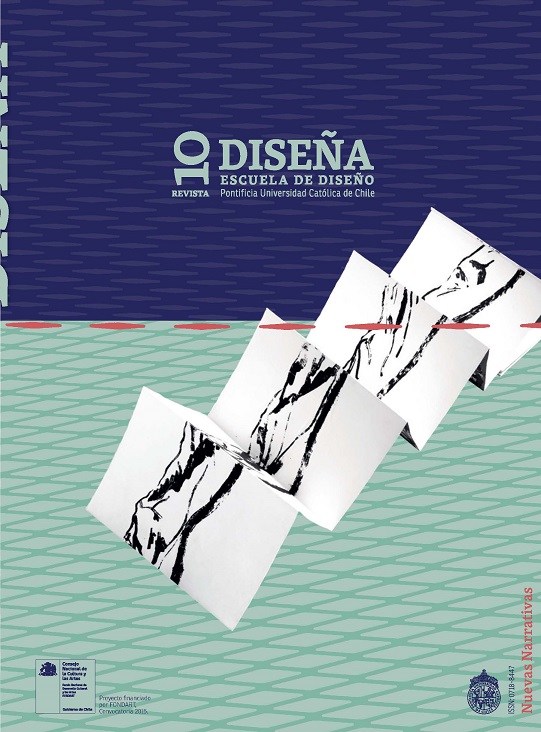The Listener “In Fabula”
Main Article Content
Abstract
Ponle Pausa video capsules are brimming with visual and sound information. In seven minutes’ time, these pieces, designed to go viral, deal each one with a particular aspect of the experience of listening to classical music (the one composed from the 9th Century AD to the present day). Using a frenetic narration that allows going from the transcendent to the laughter in a matter of seconds, it points at some specific aspects to notice, trying to persuade the new audiences that to be exposed to this art form is far from being serious or pompous, but above all, delightful. Instead of teaching a list of technicalities that make the public shun it, Ponle Pausa tries to show that music participates in elements of a more daily experience: silence, expectation, humor; and that, although seldom telling stories in an argumentative way, it does use mechanisms that are common to the narrative, and just like it, requires some interpretative cooperation on the part of the listener.
Downloads
Article Details

This work is licensed under a Creative Commons Attribution-ShareAlike 4.0 International license.
COPYRIGHT NOTICE
All contents of this electronic edition are distributed under the Creative Commons license of "Attribution-ShareAlike 4.0 Internacional" (CC-BY-SA). Any total or partial reproduction of the material must mention its origin.
The rights of the published images belong to their authors, who grant to Diseña the license for its use. The management of the permits and the authorization of the publication of the images (or of any material) that contains copyright and its consequent rights of reproduction in this publication is the sole responsibility of the authors of the articles.
References
Borges, J. L. (1974). Obras completas. Buenos Aires: Emecé.
Casablancas, B. (2014). El humor en la música, Barcelona: Galaxia Gutenberg.
Eco, U. (1979). Lector in fabula. La cooperación interpretativa en el texto narrativo. Barcelona: Lumen.
Gann, K. (2010). No Such Thing as Silence: John Cage’s 4’33”. New Haven; Londres: Yale University.
Gianera, P. (2011). Formas frágiles. Improvisación, indeterminación y azar en la música. Buenos Aires: Debate.
Huron, D. (2007). Sweet Anticipation. Music and the psychology of expectation. Cambridge, MA: MIT Press.
Marquard, O. (2006). Felicidad en la infelicidad. Buenos Aires: Katz.
Neuman, A. (2014). Barbarismos. Madrid: Páginas de espuma.
Rabinowitz, P. (1998). Before Reading. Narrative Conventions and the Politics of Interpretation. Columbus: The Ohio State University Press.
Stubbs, D. (2009). Fear of Music. Why People Get Rothko But Don’t Get Stockhausen. Winchester: O Books.

